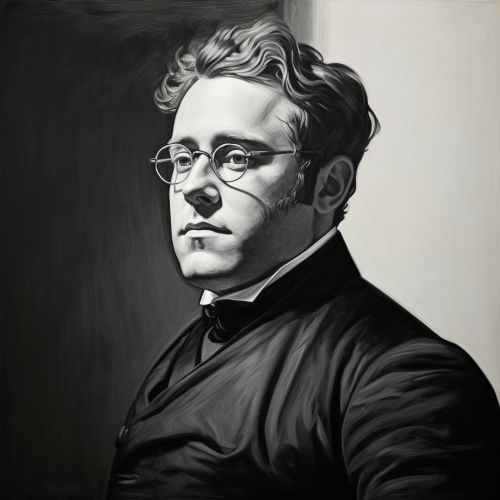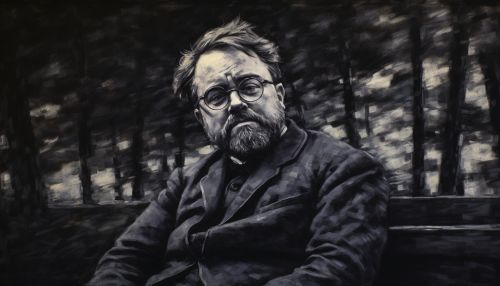Paul Broca
Early Life and Education
Paul Broca was born on June 28, 1824, in Sainte-Foy-la-Grande, France. His father, Benjamin Broca, was a medical practitioner and former military surgeon. His mother, Annette Thomas, was well-educated in the humanities and passed on her love of learning to her son.

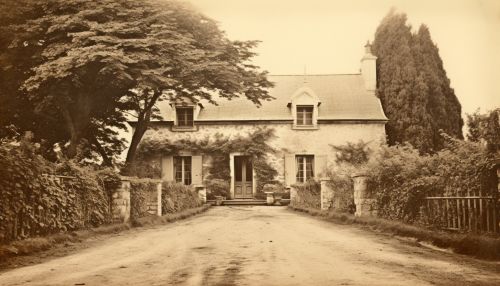
Broca received his early education at home, showing a prodigious intellect from a young age. He entered the University of Paris at the age of 17 to study medicine, a field in which he would make significant contributions.
Career and Contributions to Science
Broca's career was marked by his dedication to understanding the human brain. His most significant contribution to science was his discovery of the area of the brain responsible for articulated language, now known as Broca's area. This discovery was a significant step in the development of neuropsychology.
In 1861, Broca examined a patient known as "Tan," so named because that was the only syllable he could articulate. Despite his inability to speak, Tan could understand spoken language and had no apparent motor impairments. When Tan died, Broca performed an autopsy and found a lesion in the left frontal lobe of his brain. He concluded that this area was responsible for speech production, a revolutionary idea at the time.
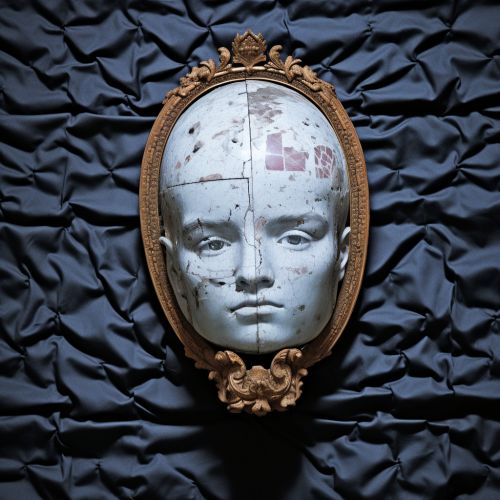
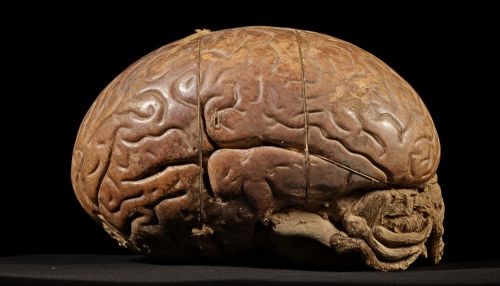
Broca's work extended beyond neurology. He was a pioneer in the field of anthropology, founding the Anthropological Society of Paris in 1859 and the Revue d'Anthropologie in 1872. He was also a staunch advocate for women's rights and a vocal critic of the pseudoscience of phrenology.
Later Life and Legacy
Broca continued his research and teaching until his death on July 9, 1880. His work has had a lasting impact on various fields, including neurology, anthropology, and linguistics. Today, Broca's area is one of the first things medical students learn about the brain, and his methods of combining clinical observation with post-mortem dissection have become standard in neurological research.
